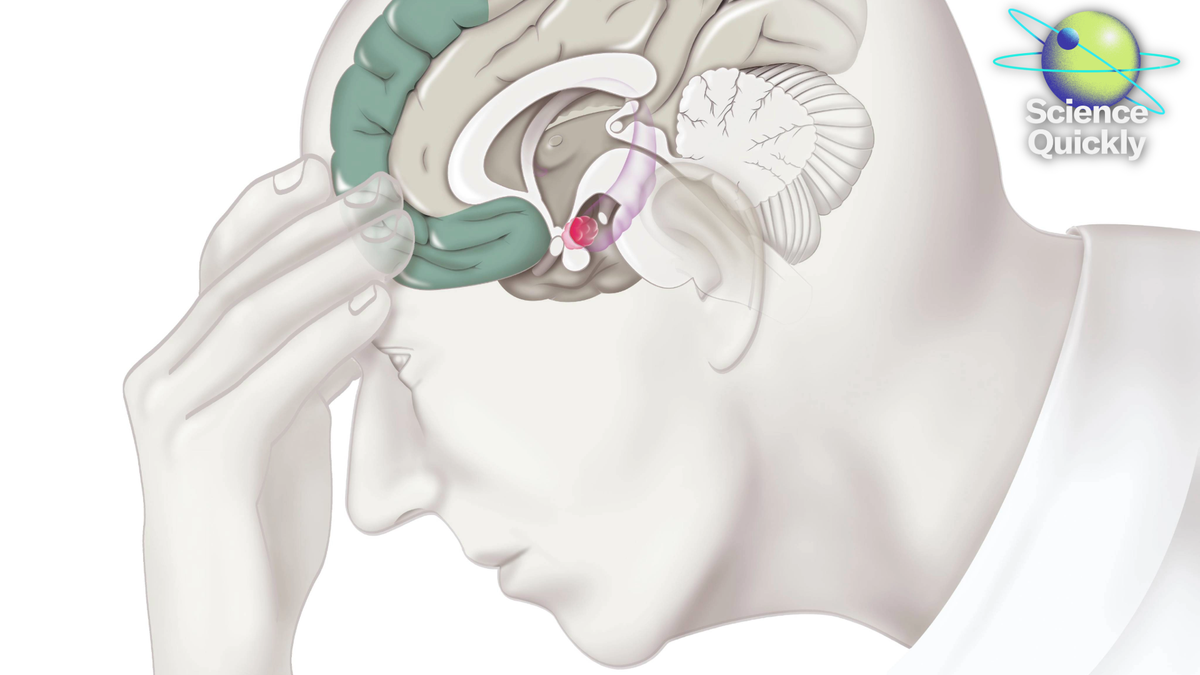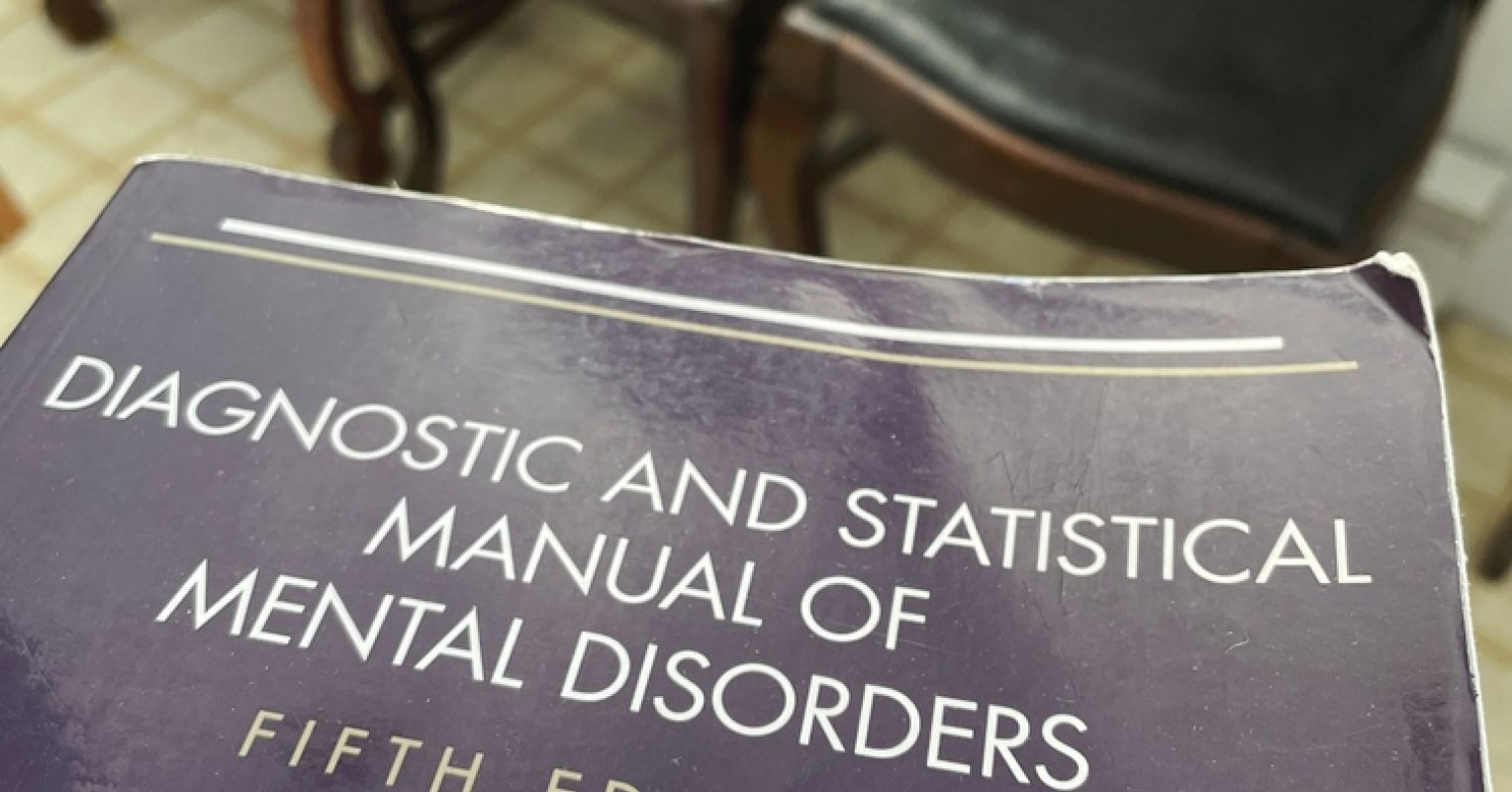#psychiatric-diagnosis
#psychiatric-diagnosis
[ follow ]
Mental health
fromNature
1 week agoDaily briefing: What people with no 'mind's eye' can tell us about consciousness
Vividness of mental imagery, handwriting practices, psychiatric-diagnostic revisions, and emerging brain–computer interfaces shape memory, creativity, education, mental-health classification, and technology development.
fromNature
1 week agoThe 'bible for psychiatry' is getting a rewrite: your guide to the next DSM
The handbook, produced by the American Psychiatric Association (APA), lists symptoms for all known conditions and aims to steer psychiatrists, doctors and others towards a correct diagnosis. But in a field that struggles to connect people's inner experiences to measurable changes in their brains and bodies, the DSM is a lightning rod for criticism. It does not delve into the possible causes of mental illness, for example, or acknowledge that sociocultural and environmental factors could be important.
Mental health
fromwww.theguardian.com
1 month agoThe Divided Mind by Edward Bullmore review do we now know what causes schizophrenia?
In 1973, an American psychologist called David Rosenhan published the results of a bold experiment. He'd arranged for eight pseudo-patients to attend appointments at psychiatric institutions, where they complained to doctors about hearing voices that said empty, hollow and thud. All were admitted, diagnosed with either schizophrenia or manic-depressive psychosis. They immediately stopped displaying any symptoms and started saying they felt fine. The first got out after seven days; the last after 52.
Mental health
fromPsychology Today
6 months agoYou've Been Diagnosed With an Anxiety Disorder. Now What?
Psychiatric diagnosis is not an exact science-a diagnosing clinician makes their best, most educated guess based upon a patient's reporting of symptoms. It is neither bulletproof nor conclusive, the way an X-ray or an MRI might be. With this in mind, it is important that the diagnosed individual interpret the diagnosis not as their identity, but rather as information for proceeding. Instead of 'I am anxious,' we might change the language to sound something like, 'I experience anxiety.'
Mental health
Mental health
fromPsychology Today
9 months agoRelational Minds: Diagnosis and the Fallacy of Internalism
Mental disorders arise in interpersonal contexts, not within individuals.
Freudian models of psychopathology are outdated and flawed.
Psychiatric diagnoses can be detrimental, emphasizing the need for relational approaches.
[ Load more ]

